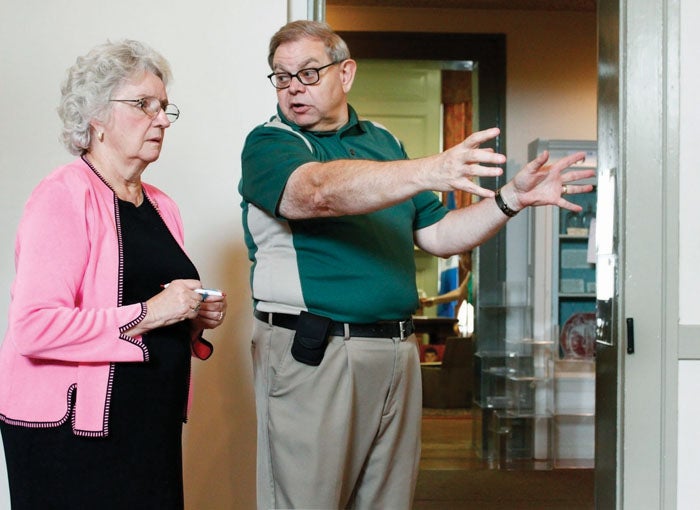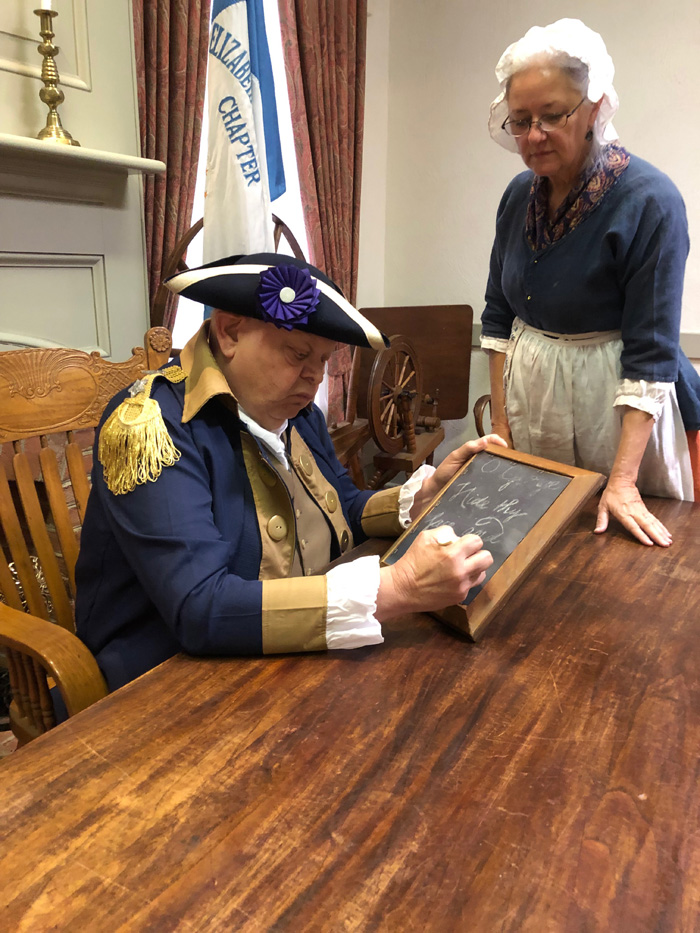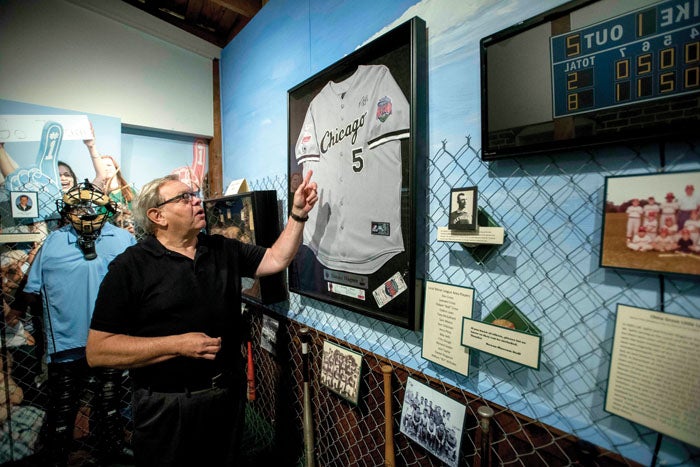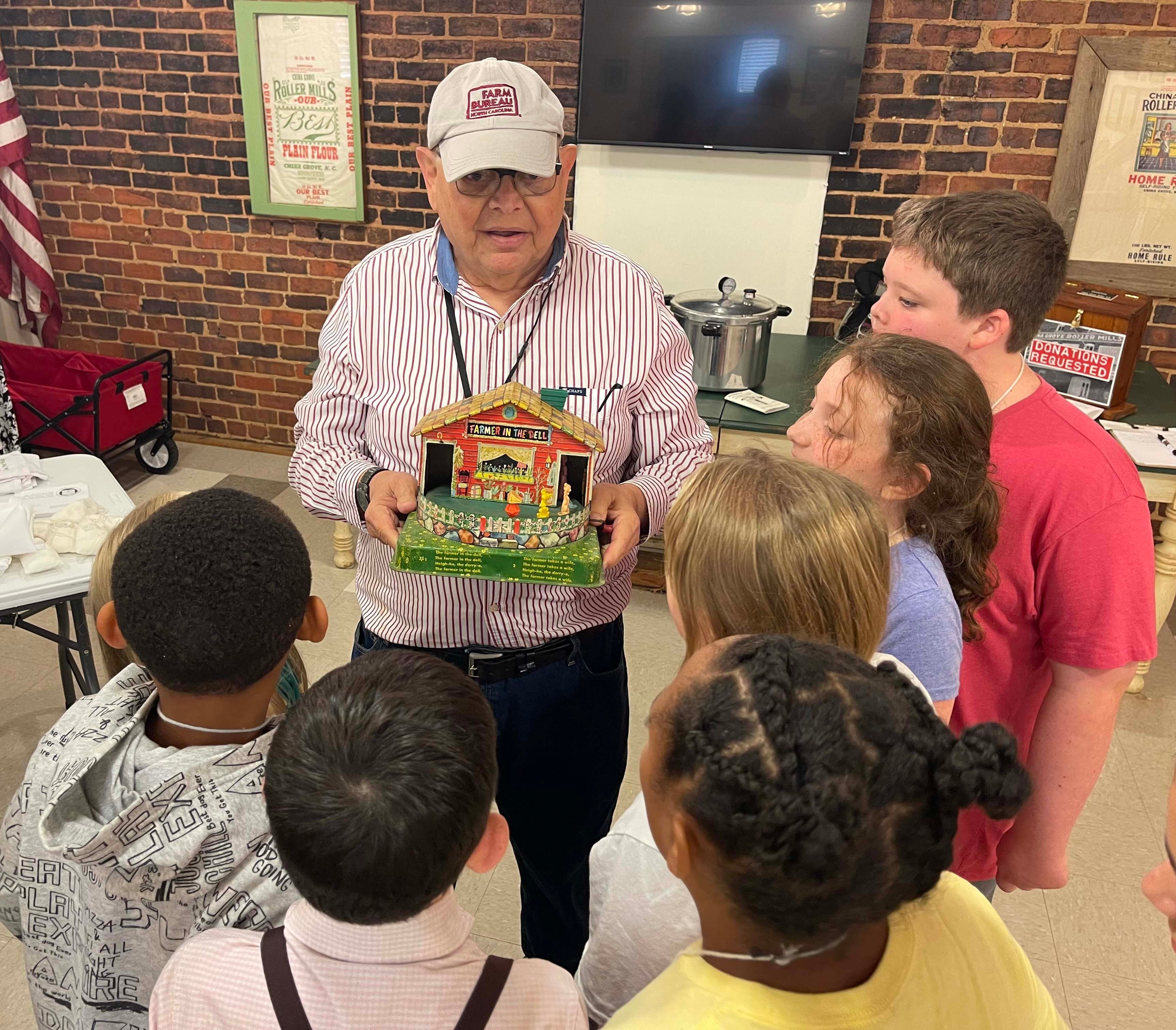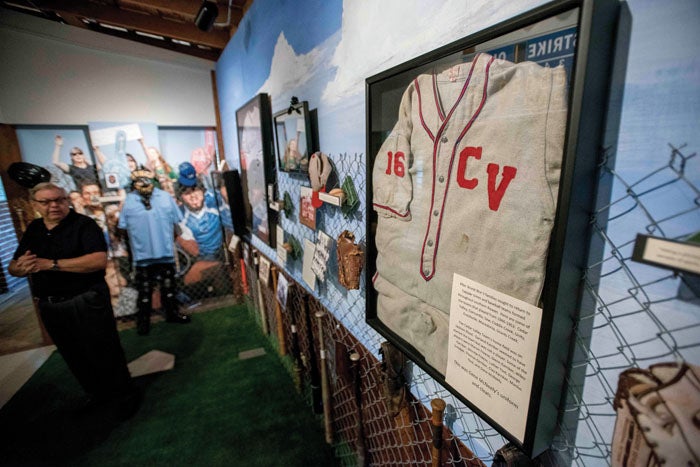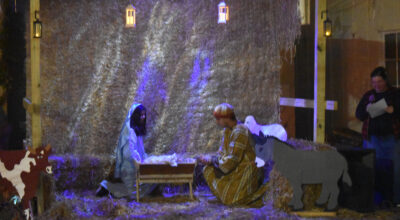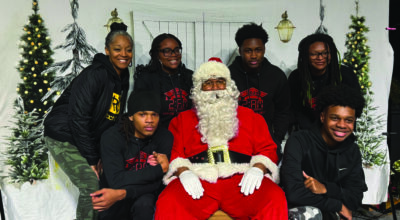Remembering Terry Holt: An educator, in the classroom and in life
Published 12:05 am Saturday, February 17, 2024
In his career and throughout his entire life, Terry Holt was an educator.
Following his graduation from South Rowan High School and Appalachian State University, he earned two degrees, history and education specialist, which he was passionate about sharing with others that he met.
His teaching career began in 1973 in Virginia where he taught until he and Eunice, his wife of 53 years, moved back to Rowan County where he continued his path as an educator. He first helped to start a school at Piedmont Correctional Center, and taught there for three years, followed by positions at Erwin Middle School and South Rowan, teaching history at both.
During his time at Erwin Middle, from 1984-1994, he served as one of the seventh grade history teachers along with Terry Shive, focusing on United States and North Carolina history. Holt was very enthusiastic about his teaching as Elliott Mathis, who served as the assistant principal at the school during Holt’s time there.
Mathis said he remembers Holt “doing his best to make history mean something to the students. It wasn’t just reading out of a book and answering some questions.”
History came to life in his classes as it wasn’t unusual to see Holt come to class dressed in historical costumes trying to “make it real to the folks” Mathis shared.
Making history come to life extended beyond the walls of the classroom as he could also be seen in costume, taking on the roles of the people he talked about in both the history classes and summer camps offered by the Rowan Museum where Holt served for at least 20 years, noted Evin Burleson, director of the museum.
“He played some interesting characters, he was a very animated and dramatic actor,” he said.
During summer camps, Holt would perform as a Civil War era surgeon, one of his favorite roles, Burleson noted, adding that Holt would come in with a white apron stained in different reds looking bloody, which “would freak out kids and anyone that passed by.”
As for the museum’s history class, Holt taught various classes including one on Native Americans and early settlement of the area and Revolution all the way through the Civil War and he would always dress up in a colonial costume and sometimes, he left in the middle of his talk, changed quickly and returned as a different character, Burleson shared.
Holt kept his students engaged in the classroom, Mathis noted, and it was the same for those attending the lecture series as Burleson said many would return just to hear Holt, even if they had heard it before.
“He was just a fun person to listen to,” Burleson continued, and you learned even if you didn’t realize that was what was taking place as you watched his performances.
Not only did the museum’s history class attendees want to make sure they got into Holt’s lectures, Burleson added that was also the case for school students as they likewise wanted to make sure they were signed up to take his history classes.
“Every former student that I’ve ever met of his, he was the history teacher that you wanted to have, that people would try to make sure they had on their schedule in school,” he said.
An active member of First Methodist Church in China Grove, Holt served, it was noted, in various capacities; however, it’s no surprise that one place of service that he could be found doing was teaching. He taught the Pairs and Spares Sunday School class for decades.
For his distinguished service in the educational field, Holt has been awarded various commendations including being named a top 10 social studies teacher in Virginia, Teacher of the Year for the Rowan-Salisbury Schools in 1989, and recipient of the Terry Sanford award from the North Carolina Association of Educators in 1991.
The history club at Erwin Middle, called the Tar Heel Junior Historian Association, which he and Shive co-sponsored, also brought home awards for projects they completed and took to the state conferences, shared Mathis. Plaques are in the school’s trophy case noting the accomplishments of the club. Some of the projects the group completed include constructing models of local buildings such as Kerr Mill and Henderson law office.
In addition to helping the history club with their building projects, Holt designed exhibits for the Rowan Museum.
For almost a decade, he was “pretty much our sole designer,” Burleson noted.
Mathis said when he retired, he joined Holt as a volunteer at the museum and many times they worked on displays together. Mathis called Holt the idea man, and then the two worked on displays, which ranged from Black History exhibits to gold mines and period toys.
“He was the idea man, and I just helped him put it together,” he said of the lifesize displays.
Using his imagination and knowledge of the subject, Holt came up with many plans for new exhibits at the museum.
During the museum’s recent annual meeting, Burleson said he gave a speech and Holt was there at the time and with a chuckle he said he called him a visionary, “but a lot of vision was coming with ideas we could never afford.” But this didn’t deter Holt as he developed innovative ways to do things even if they couldn’t afford something, Burleson added.
“He would try to come up with ways that we had something similar as the fancy museum Boston or Philly has,” he said.
Among his other community contributions, Holt was a member of the board of the Historic Neely School Foundation helped to get the Neely School in China Grove restored and get programming there, Burleson noted, and “he was very, very proud of that.”
Scouting was another very important part of Holt’s life as he participated during his youth, being a member of the troop with his dad serving as scoutmaster, a role he would later have with his sons in the troop and him having the title of scoutmaster.
Holt, it was noted, became scoutmaster of Troop 375 which met at First United Methodist in China Grove and while scoutmaster, both of his sons earned the rank of Eagle scout. He is also credited with starting a program for first-year scouts.
Spending time with friends around the table was also a memory that both Mathis and Burleson shared of Holt as Mathis said he would invite people to his house for lunch on occasion and Holt and his wife Eunice would come.
Burleson told how he served as curator at the museum for six years and director for one and in that timeframe, Holt was president three of those years and always wanted to take him out and treat him to lunch, “usually at Richard’s Barbecue because he (Holt) was a regular there.”
There was even a framed article from the Salisbury the Magazine about him hanging on the walls, he continued.
While at lunch, the topic of conversation usually centered around new exhibits at the museum or history, Burleson shared, which he thought was great just to be able to sit and talk with him.
Holt’s knowledge of national, state and local history was extensive, and Burleson credits him for most of what he knows.
For Holt, his time of teaching wasn’t just a job, it was a true passion, one that marked all areas of his life. Battling cancer for a decade, it didn’t stop Holt from doing what he loved, and Burleson shared that even as Holt got some bad news during this last year, he refused to step away from the museum until he physically wasn’t able to do it anymore, because he said that “the day he stopped teaching, the day he would stop with history would be the day he would die.”
Holt definitely taught the meaning of dedication as he served as president of the museum up to two or three weeks prior to his death.
Just as he was animated in his teaching and as Mathis noted, made the students excited about going to class, he enjoyed sharing jokes with those he worked with at the museum. Burleson said he would tell pun after pun after pun, the worst, corniest jokes you ever heard, but Holt would sit there with “the biggest grin on his face waiting on you to react every single time,” he pointed out.
Holt mentioned that he didn’t tell them at home because his wife got used to them and ignored him when telling puns. Therefore, Burleson said, he saved them up and passed along every pun you could imagine.
“I will miss it forever.”



